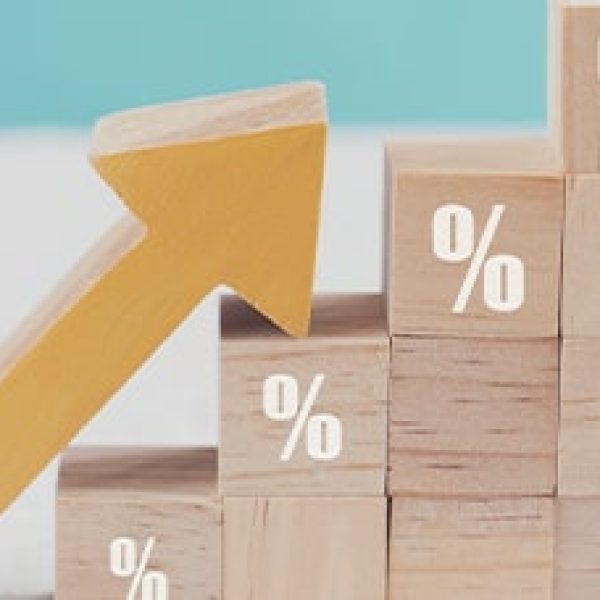A key part in retirement planning is not only to understand how much income and capital you will need in retirement, but also the difference sources of income and capital that are available to meet your retirement needs. Your own pension savings can provide for much of your retirement income, however, don’t forget that you may have other sources of income, including company pensions, your State Pension or other savings and investments.
How to assess your retirement needs
Contributing to a pension is a good way of saving as the government offers Income Tax relief on your personal contributions which you make and up to 25% of the fund can be taken as a tax-free lump sum on retirement. However, having a clear understanding of the level of retirement income you are targeting should be the focus of your attention, so you know what level of income you need when you stop receiving your earned income.
The Pension Policy Institute (PPI) has published a paper examining what an adequate retirement income means today. The last serious effort to address the issue was undertaken by the Pensions Commission nearly two decades ago, which eventually led to the introduction of automatic enrolment into workplace pension schemes in 2012, requiring employers to make pension contributions for employees.
The PPI makes the following points:
1) Views of adequate income vary between individuals, employers, the State and society generally. For example, the State view is set by the Guarantee Credit element of Pension Credit (£177.10 a week for a single person and £270.30 for a couple in 2021/22).
2) The new State Pension, (up to £179.60 each week in 2021/22) is higher than its basic State Pension predecessor (£137.60 each week in 2021/22), but State Pension age has increased (to 66 for men and women) and further increases proposed to raise the age to 67 between 2026 and 2028.
3) The strain on providing retirement income has increased, for example:
o For some people, there is a widening gap between leaving work and receiving their State Pension, which has been exacerbated by pandemic-prompted early retirements;
o More debts, including mortgages, are now carried over into retirement;
o Decline in home ownership will see more retirees having to pay rent; and
o A need to support other family members, the Bank of Mum and Dad, may not stop at retirement.
4) The traditional emphasis on retirement income ignores the need to deal with ‘personal financial shocks’, which are better addressed by considering retirement capital.
How can these findings help your retirement planning?
The PPI says that many people make their retirement planning decisions ‘without support’ and that “As a result, many people struggle to make pensions and savings decisions which offer them the best chance of both achieving their aspirations for retirement and protecting themselves against future risk.”
Our advisers discuss your circumstances and your financial objectives, so that we can provide you with a personalised recommendation. We will look at all aspects of your finances to assess how much income you need in retirement and what you already have in place. For example, you can get a State pension forecast or find lost pensions at www.yourpension.gov.uk which will all help to build a full picture.
Our advisers use their expertise and experience to build a retirement plan that is realistic and can be reviewed regularly to check that you remain on track. It is always important to review how much you are saving, the investment performance and any changes to your objectives or circumstances.
As part of our advice planning process, we are also able to model scenarios which can show you what happens if you take more or less income, or if investment growth is higher or lower than expected. This gives you the confidence and reassurance in your retirement plan to deliver retirement income in a range of possible scenarios.
Retirement planning can be complicated, so ask your adviser to help you to build a retirement plan or assess your existing plans, so that you can look forward to a happy retirement.
The value of your investment and the income from it can go down as well as up and you may not get back the full amount you invested. Past performance is not a reliable indicator of future performance.
This article is intended to be for information only and does not constitute financial advice.
CA6996 Exp 08/2022












